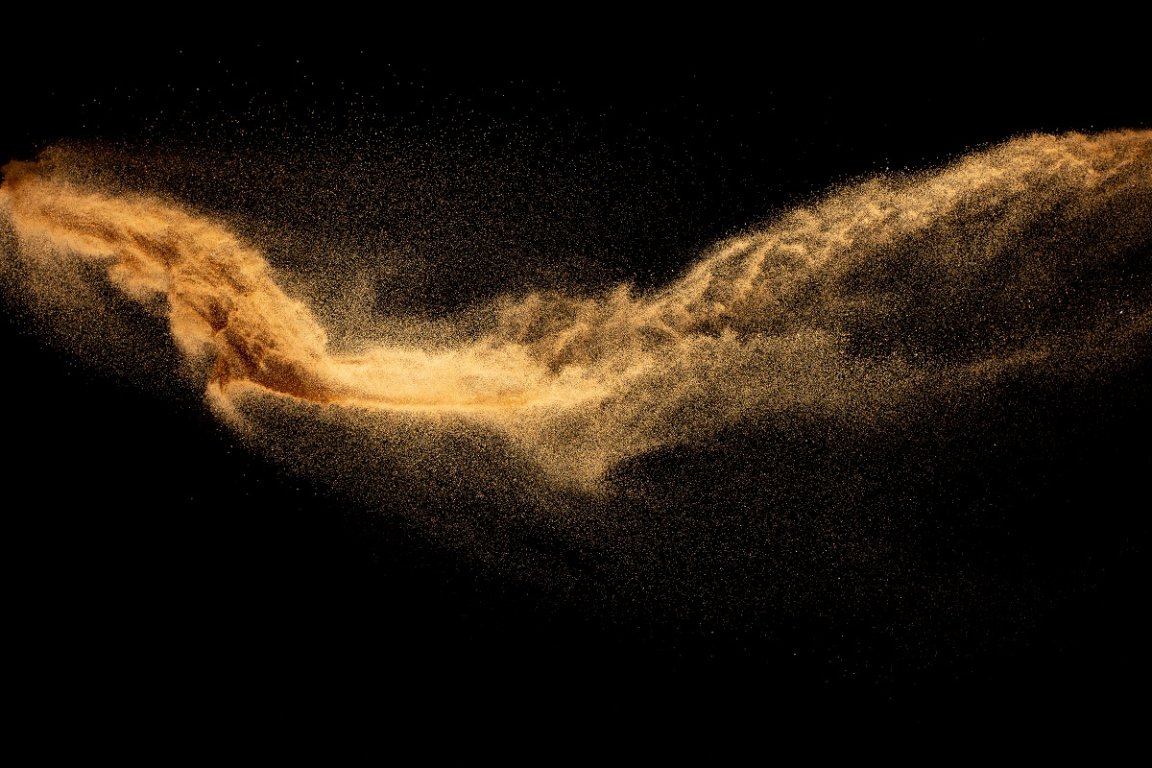
Reaping and Sowing
Imagine this dire scenario: the Atlantic Ocean’s sea currents which bring warm water to Europe collapses, making large swaths of the continent as cold as the Arctic Circle.
In a grim turn, that’s just the scenario that a team of European scientists are warning about in a new study in the journal Nature Communications: that this catastrophic collapse — along with the ruination of the Amazon rainforest and the melting of polar ice — is on track to actually happen if we continue along our current path.
Specifically, the scientists say these major Earth systems, important for keeping the global climate stable for human civilization, face a 45 percent or greater chance of collapsing in the next 300 years, even if we temporarily bring back global warming below the 1.5 degrees Celsius threshold. Worse, the collapse may be irreversible.
The researchers modeled a range of climate policies on carbon emission rates, while inputting climate data on the Amazon rainforest, polar ice in Greenland and West Antarctica, and the Atlantic Meridional Overturning Circulation, which regulates the flow of warm water from the tropics to Europe.
“Domestic policies to reduce emissions need to be adopted and implemented, not only pledged, and a more significant and urgent effort is needed to mitigate the risks associated with tipping elements,” the scientists write.
Collapse Store
Needless to say, this all sounds pretty bad. The effects from the slowing and eventual collapse of the Atlantic currents will be dire to agriculture in Europe, where it will become harder to grow anything.
And pushed by global warming, the likely melting of polar ice caps and transformation of the Amazon rainforest into dry savanna would worsen an already bad situation.
The scientists call for urgently bringing carbon emissions to zero, which would stave off the worst effects of climate change. Even that doesn’t feel like a sure thing, especially with the energy intensive rush into AI and petrostates like Saudi Arabia blocking policies to wean the world off fossil fuels.
What’s there to do? It’s not all bad news, with various states and countries increasing solar power generation and other scientists working on carbon capture technologies, among other green technologies.
Some researchers are even going as far as to set up experiments on geoengineering, shooting particles into the atmosphere to dim the Sun — though it’s a sign of desperation that such an idea is even under consideration.
More on climate change: Scientists Seeking Permit to Dump Chemical Into Ocean in Experiment to Fight Climate Change